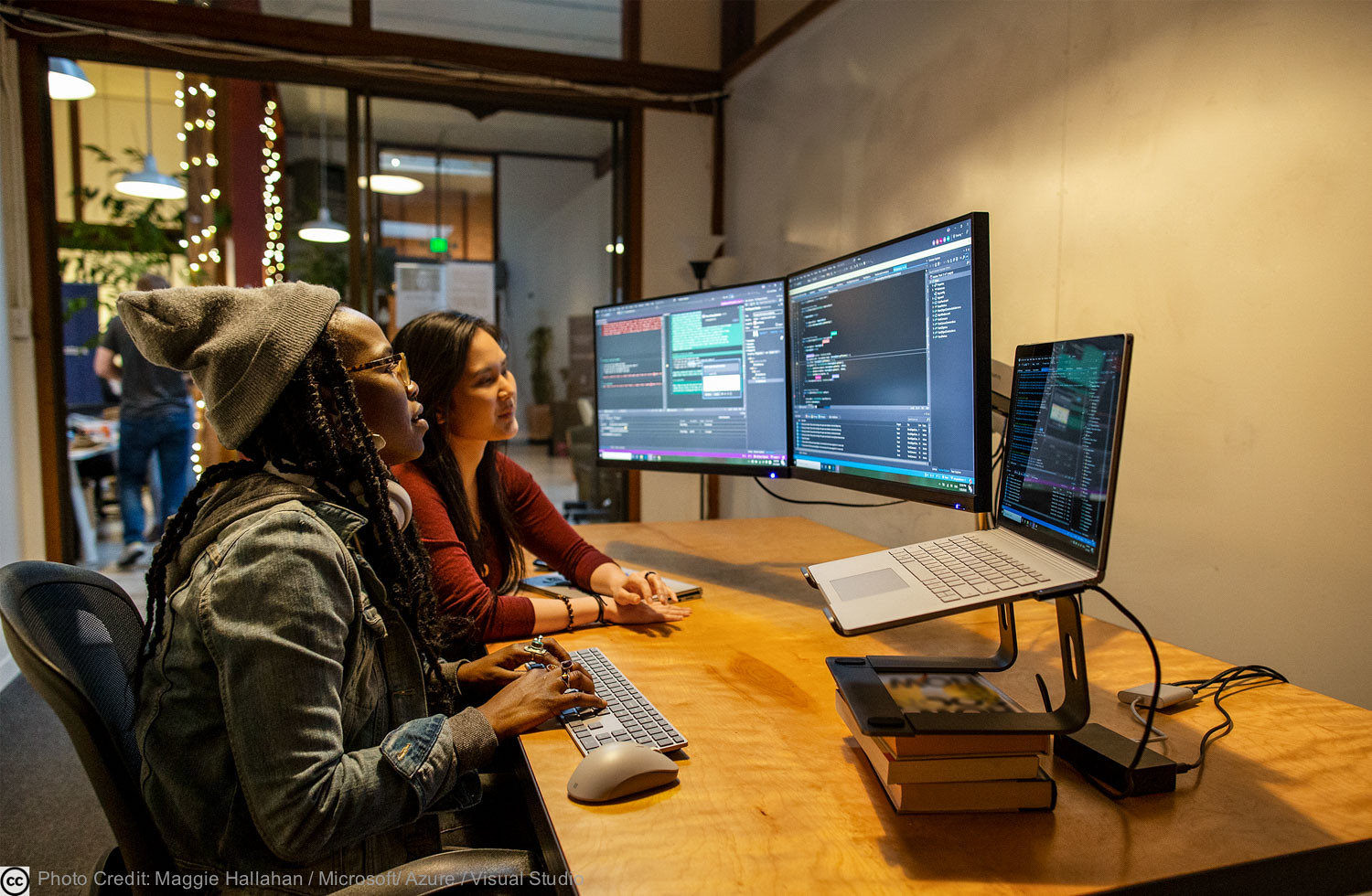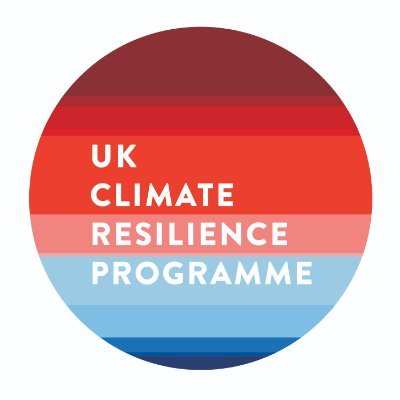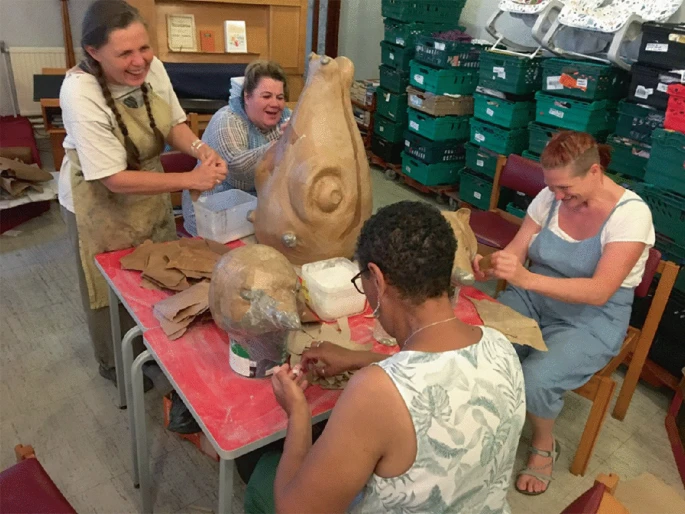Towards a step change in co-production for climate resilience

Summary
This article summaries the chapter ‘Towards a Step Change in Co-production for Climate Resilience‘, as part of the book ‘Quantifying Climate Risk and Building Resilience in the UK‘, edited by Suraje Dessai, Kate Lonsdale, Jason Lowe, Rachel Harcourt.
The chapter records experiences of UKCR researchers whose projects incorporated co-production approaches to improve the usability, accessibility, relevance and credibility of outputs, and engage different groups of people in climate resilience. Different projects used co-production in a variety of ways, depending on the aims, motivations and theoretical backgrounds of those involved.
Authors outline key learnings and recommendations, while recognising that any learning is deeply context specific. We also highlight the need for a step change in fundamental aspects of research planning, funding, multi- and transdisciplinary working, to achieve the perceived benefits of co-production more fully. Their findings include:
- Co-production brought clear benefits to a range of projects across the UK Climate Resilience Programme (UKCR).
- A range of barriers currently exist to achieving the benefits of co-production more fully.
- Experiences were deeply context specific and dependent on those involved, their motivations and expectations.
- Skills associated with using co-productive approaches need to be developed, taught and mentored in the research community.
What works well?
- Sustaining Engagement Throughout: The original Met Office City Pack, developed through the ‘Meeting Urban User Needs’ project, is a successful climate service prototype co-produced in close partnership with Bristol City Council. This project highlighted the advantages of joint initiation before defining outputs or outcomes. Regular workshops, online interaction and iteration of prototypes throughout the process created a trusting relationship between the local authority and researchers, resulting in a highly bespoke service for the city of Bristol, which is deemed successful by a range of stakeholders.
- Gathering Community Experience: The ‘Creative Climate Resilience’ project has demonstrated success in using place-based folks arts and socially engaged practices to co-produce knowledge as part of a community development and social change framework. This has supported participants working together to firstly identify their own needs and actions for local climate planning; secondly take collective action, identifying and using their strengths and resources; thirdly develop confidence, skills and knowledge for mitigation and adaptation; fourthly challenge unequal power relationships; and finally promote social justice, equality and inclusion.
- Getting Creative with Storytelling: Various projects advocated the use of storytelling to facilitate co-production. In ‘CLandage’, online poetry workshops led by a local poet encouraged participants to reflect on local experiences of flooding through poetry. In each instance, the creative approaches were initiated by Staffordshire Record Office and led by individuals from the local area, placing high value and emphasis on experiential knowledge, thereby enabling and empowering communities.
- Balancing Power and Managing Expectations: the co-productive approach taken by the ‘Creative Climate Resilience’ project helped to navigate differences in income, health and well-being, and education. It also succeeded in overcoming entrenched apathy with local political systems, and a sense of disenfranchisement with local decision-making. The project was part of a much longer process of supporting community development with climate change challenges.
- Experimenting with Upscaling: Researchers explored different approaches to upscaling co-production, and assessed value lost if co-production was less central. Their experience suggests that upscaling a climate service, which has been co-produced with one set of stakeholders, can provide a useful and usable service for others.
Emerging challenges and opportunities
The UKCR experience suggests that, when done well, co-production is an effective way to bring climate information together with other forms of knowledge to support resilience building at community, organisational and policy levels. The chapter offers a set of recommendations emerging from the UKCR programme on how to set up effective co-productive approaches.
- Focus on Process, Not Just Outputs: One of the main barriers to successful co-production among projects was where the research process was fixed on pre-defined outputs. Projects that saw the primary aim of co-production as discovery, or knowledge sharing, were more open to learning and bringing in others’ perspectives. Linked to this was a need to be flexible, to allow the detail of what is considered a ‘useful output’ to emerge through the process of engagement.
- Revise Funding Structures and Timescales: Many of the challenges relate to limitations of current funding structures and timescales. Some researchers argued that all participants in the process (not just researchers) need to be funded, as without this non-academic partners in the research found it hard to make time to participate or lacked the incentive to do so. However, some researchers felt that co-production was most successful when stakeholders were motivated to engage without funding.
- Promote New Measures of Success: There is a need to recognise the importance of relational, embodied learning, connection, and sharing knowledge, fun and trust, alongside more traditional outputs, such as peer-reviewed papers and tangible products. New measures of success are needed to evaluate the process, in addition to the outcome, and to reflect different motivations and requirements of participants.
- Invest in Multidisciplinary Approaches: Successful co-production for climate resilience demands input from a range of disciplines and stakeholders, including researchers, practitioners and action-takers. Researchers commented that key skills were missing from project teams, as “academics can only help with part of the problem”.
Conclusion
The experiences of UKCR researchers have confirmed a range of benefits of co-production. In addition, the challenges cited highlight the need for a step change in co-production for climate resilience (summarised in Fig. 1). Current approaches to research design, planning and funding, as well as the skills of researchers, can present obstacles to fully achieving the perceived benefits of co-production. One aspect that all projects reflected on is the fundamental role of the ‘quality of relationships’. In many cases, co-production success was a function of the relationship; a lack of time or close engagement contributed to power inequalities, which if not addressed could inadvertently cause harm or derail knowledge creation into predetermined science-based frameworks. Several other key considerations also emerged:
- Engaging suitable contacts at the appropriate level of an organisation is critical. Contacts need to be sufficiently well connected, but with time and inclination to engage closely and sustain the relationship.
- Having a flexible approach and realistic expectations are crucial to success. The ability to build relationships and establish trust are important skills, which should be practised, taught and cultivated.
- Prior experience of co-production can engender the confidence needed to take perceived risks or develop flexible research proposals. It can also equip the researcher with the confidence to recognise and make changes when a partnership is not effective.

Figure 1. Summary of the key themes emerging from UKCR projects relating to a required step change in co-production research for climate change



(0) Comments
There is no content